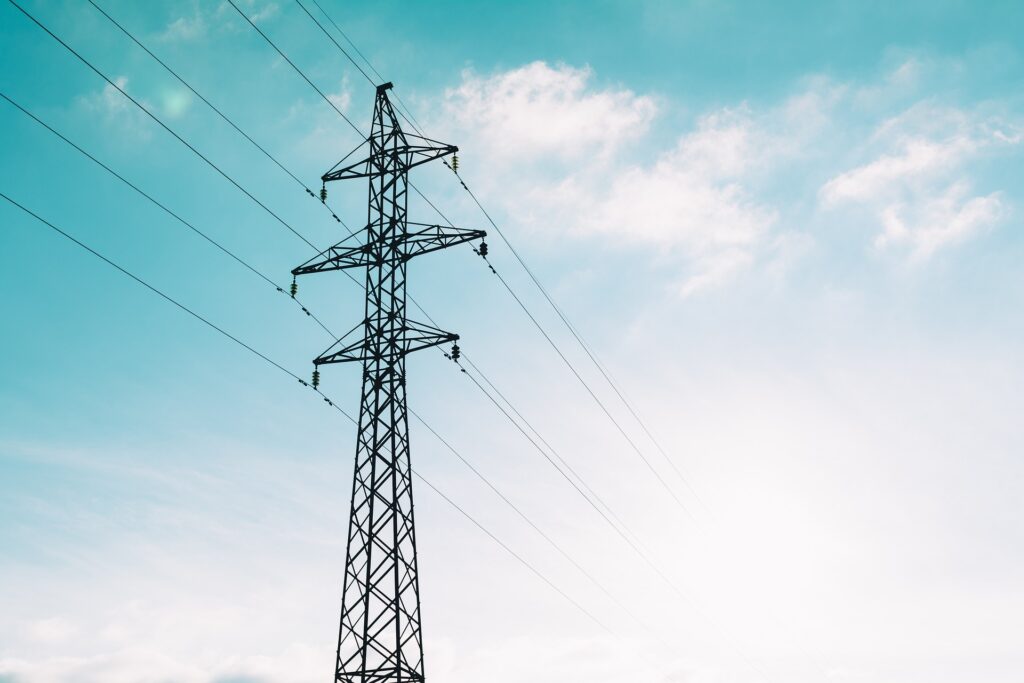In 2025, electrical infrastructure must continue to meet the major challenge of progressive electrification, accommodate the ongoing recovery in consumption (affected by the COVID-19 crisis and the surge in energy prices in 2022), and remain dependent in the medium term on key political and regulatory decisions.
Demand
Massive Electrification of End-Uses: A Medium- and Long-Term Challenge
The large-scale electrification of end-uses, driven by the deployment of EV charging infrastructure and heat pumps (PAC), represents a significant structural challenge. While this transition is crucial for decarbonising transport and buildings, it strains distribution networks, particularly in countries where networks were historically designed for “specific” electricity uses (lighting, appliances). This is especially true for countries like Belgium and the Netherlands, where heating predominantly relies on gas.
Uncertainty remains around electricity consumption for EV charging. The year 2024 highlighted the difficulty in accurately projecting annual increases in EV-related electricity demand during this growth phase.
Post-COVID and Ukraine Crisis Consumption Recovery: A Short-Term Uncertainty
The stabilisation of electricity prices after the extreme fluctuations of recent years is leading to a gradual recovery in consumption.
However, some reductions in consumption since 2020 are irreversible, driven by energy efficiency investments and behavioural changes (energy sobriety). In the industrial sector, reduced production due to high energy prices and broader economic challenges has also dampened demand. The recovery of industrial consumption remains uncertain, with continued risks of site closures or downsizing in the months ahead.
Production, Flexibility, and Networks
The year 2024 marked a return to “normal” levels of decarbonised production, thanks to successful maintenance operations in France’s nuclear fleet and high rainfall levels boosting hydropower output.
Renewable production development accelerated, highlighted by the commissioning of France’s first offshore wind farm in 2024.
E-CUBE will closely monitor several critical areas:
- Development of Large Consumption Projects:
Massive consumption projects like data centres and industrial-port zones require significant investment in the electrical system. For data centres, growth over the coming years is highly uncertain, driven by factors such as demand for computing power (linked to AI applications) and improved energy efficiency through liquid cooling. Growth is also constrained by land availability and grid access in certain regions, such as Dublin since 2021. - Strategic Decisions on Nuclear:
In Belgium, 2025 will see major political decisions regarding the extension of several nuclear plants, potentially revising the 2003 nuclear phase-out law. These decisions will have significant implications for electrical grid planning, including the need to maintain or strengthen transmission networks and the availability of stable, dispatchable generation capacity. - Development of Flexibility (Demand Response, Storage) and Interconnections:
The rising occurrence of negative price events across many market zones underscores the growing need for flexibility, driving investment by sector players, renewable developers, and integrated utilities. - Grid Connection Queue Reforms:
Rules enabling TSOs to better manage production and storage project queues in the system’s interest are critical. For instance, the UK’s NESO TMO4+ reform proposal would prioritise project connections based on progress and alignment with grid development objectives. - Potential Modification of European Market Zones:
Such changes could dramatically impact price signals for investors and consumers, particularly if the current German market zone is split. - Financing Large-Scale Investments:
Massive investments will be required to meet growing renewable production and consumption capacities. In Germany, three of the four TSOs (Amprion, 50 Hertz/Elia Group, TenneT) are planning capital operations in 2025.
In 2025, electrical infrastructure will remain central to Europe’s strategic and climate challenges. The decisions made will determine the continent’s ability to succeed in its energy transition while ensuring stable, competitive, and decarbonised energy supplies.
E-CUBE has developed strong expertise in electrical infrastructures through its recent projects and the experience of its consultants. We would be delighted to discuss these market perspectives and opportunities with you. Feel free to contact our experts below to arrange a discussion on the topic.





